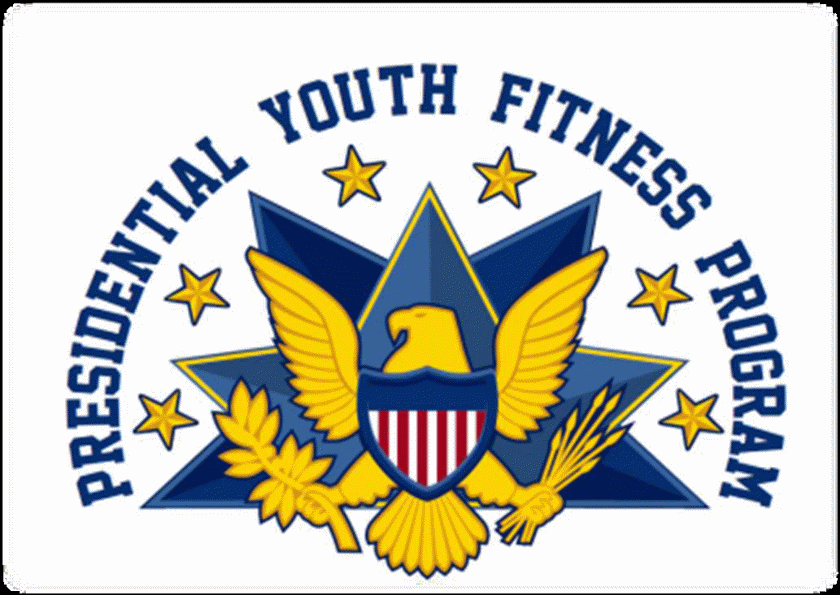Supplementary Youth Focus Group Overview
Att-F_OMB_PYFP_2021.12.30.docx
Prevention Communication Formative Research
Supplementary Youth Focus Group Overview
OMB: 0990-0281
Attachment
F:
ODPHP Presidential Youth Fitness Program
Overview for Focus Groups
OMB Control Number: 0990-0281
December 30, 2021
Submitted to:
Sherrette Funn
Office of the Chief Information Officer
U.S. Department of Health and Human Services
Submitted by:
Jennifer Bishop, ScD, MPH
Acting Director, Division of Health Promotion and Communication
Office of Disease Prevention and Health Promotion
U.S. Department of Health and Human Services

Presidential Youth Fitness Program (PYFP)
A voluntary program that includes a health-related assessment, as well as educational and motivational tools, to support educators and empower students to adopt an active lifestyle.
Background
The President’s Council on Sports, Fitness & Nutrition (PCSFN) is a federal advisory committee managed by the U.S. Department of Health and Human Services that aims to promote healthy eating and physical activity for all Americans, regardless of background or ability. The Council has promoted fitness through physical education assessment since the 1960s. Many adults today recall the President’s Challenge youth fitness test.
In 2012, the President’s Challenge Physical Activity and Fitness Awards Program was reformulated into the Presidential Youth Fitness Program (PYFP). This shifted the emphasis from a performance-based assessment to a health-focused assessment. With PYFP, youth are recognized for achieving a healthy level of fitness across five health fitness categories measured by the FitnessGram assessment. PYFP emphasizes training physical educators (PE) to use the health-related fitness assessments and motivational recognition to promote the development of healthy, active, and fit youth.
PYFP components:
Professional development: four virtual courses available for PE teachers;
Fitness assessments: FitnessGram assessment battery of tests; and
Youth recognition: awards for students reaching “Healthy Fitness Zones” in different areas of the FitnessGram assessment.
Overview
PYFP aims to elevate the contributions of all in the physical education landscape.
Program outcomes:
Students: Improved levels of physical activity and fitness yielding better health
Schools: Parent and student empowerment; Data driven decision making to improve instruction
Districts: Data to reinforce teaching a standards-based PE curriculum
States: Ability to analyze data and look at possible linkages
National: Accurately evaluate health trends for youth
Assessment components: preferred tests
Aerobic capacity:
PACER
Mile run or walk test
Body composition
Skinfold
BMI
Bioelectric impedance analyzer
Abdominal strength & endurance
Curl-up
Trunk extensor strength
Trunk lift
Upper body strength & endurance
90-degree push-up
Modified pull-up
Flexed arm hang
Flexibility
Back saver sit and reach
Shoulder stretch
Results are categorized by The Healthy Fitness Zone® (HFZ) criterion referenced standards, which:
Represent the minimal level a child must achieve for health based on age and gender
Are based on direction of FITNESSGRAM® Scientific Advisory Board
Are the minimum score for tests of muscular strength and endurance
Provide “Needs Improvement” zones for aerobic capacity and body composition/BMI, as needed
Professional Development
Professional development is essential to program success.
A series of webinars were held after program launch in 2012.
In-person trainings were held across the country to train PYFP trainers who were then available to train other educators.
Virtual modules are available on the website to support teachers in program implementation.
Recognition
Certificates are available for schools/districts as well as students.
| File Type | application/vnd.openxmlformats-officedocument.wordprocessingml.document |
| Author | Olivia Olson |
| File Modified | 0000-00-00 |
| File Created | 2024-10-31 |
© 2026 OMB.report | Privacy Policy